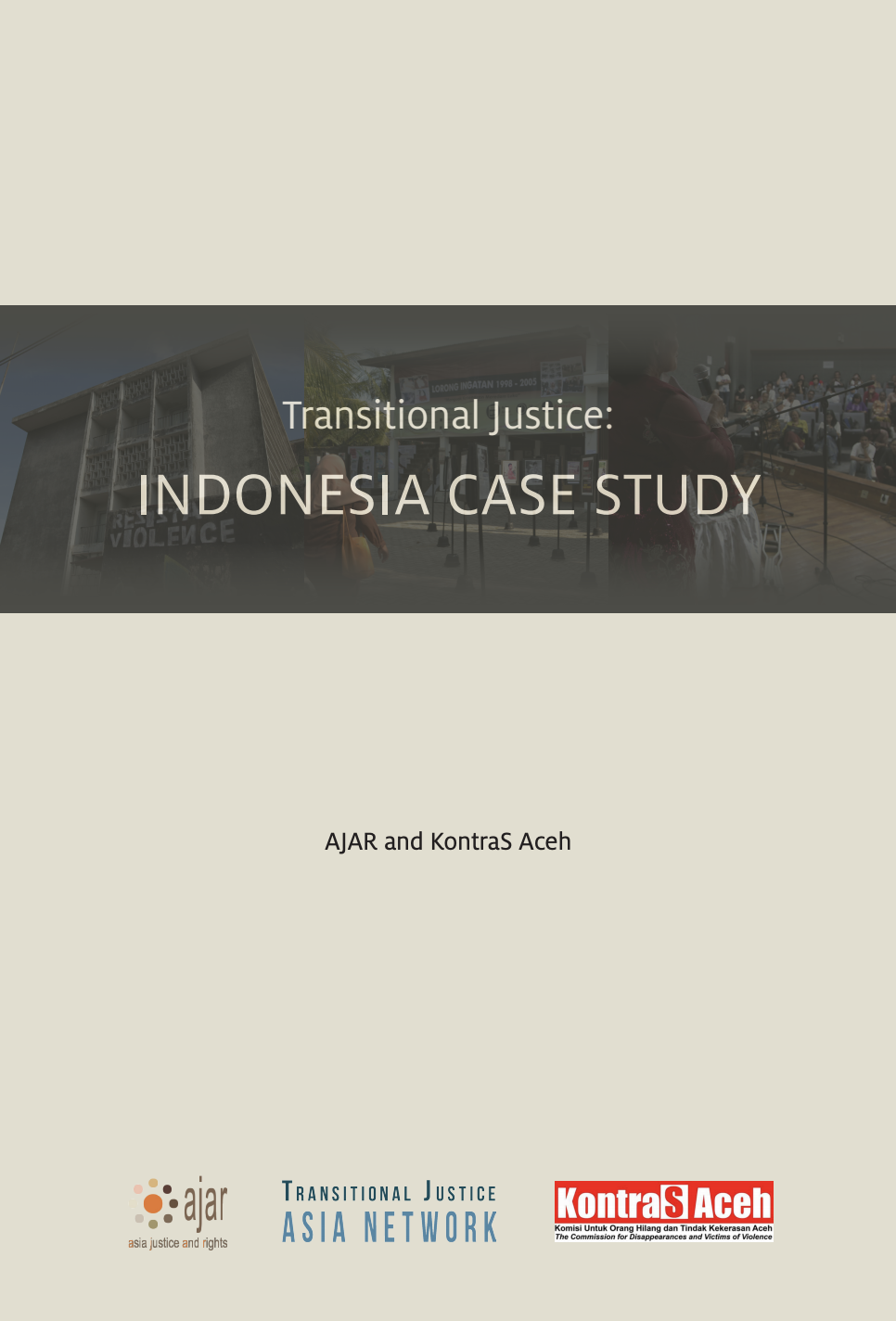General Soeharto ruled Indonesia oppressively with an iron fist for 32 years. He rose to power in 1965, in a wave of violence that killed five hundred thousand to a million people, with tens of thousands imprisoned for decades without trial. The “New Order” regime systematically committed gross violations of human rights across the archipelago, repressing rebellion in the outer islands, imposing a development model that required submission and uniformity as well as exploiting Indonesia’s natural resources and human capital to enrich Soeharto’s family and his associates.
In 1998, the Asian financial crisis led to mass demonstrations that forced Soeharto to resign, marking a transition to reform (or reformasi). This included amending Indonesia’s constitution to include human rights, removing the military from parliament, allowing the establishment of new political parties and direct elections for national and regional leaders, as well as strengthening the powers of the national human rights commission. In 1999, the upper house of parliament made a commitment towards a “just solution” referring to the conflict areas of Irian Jaya (now Papua) and Maluku, announcing its commitment to build “a legal system that guarantees the supremacy of the rule of law and human rights based on justice and truth”.
A year later, the upper house promulgated a resolution on national unity, calling for the establishment of a truth and reconciliation commission. However, two decades later, Indonesia has yet to meet its promise for accountability of the mass violations that took place during the New Order.
